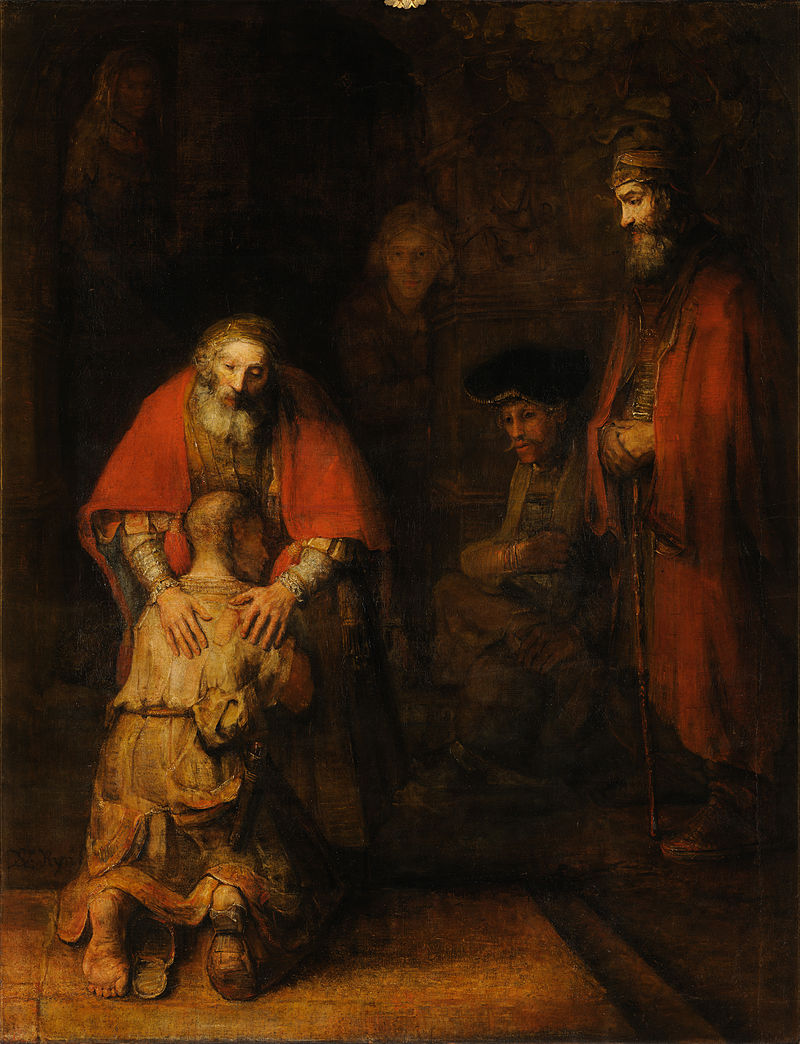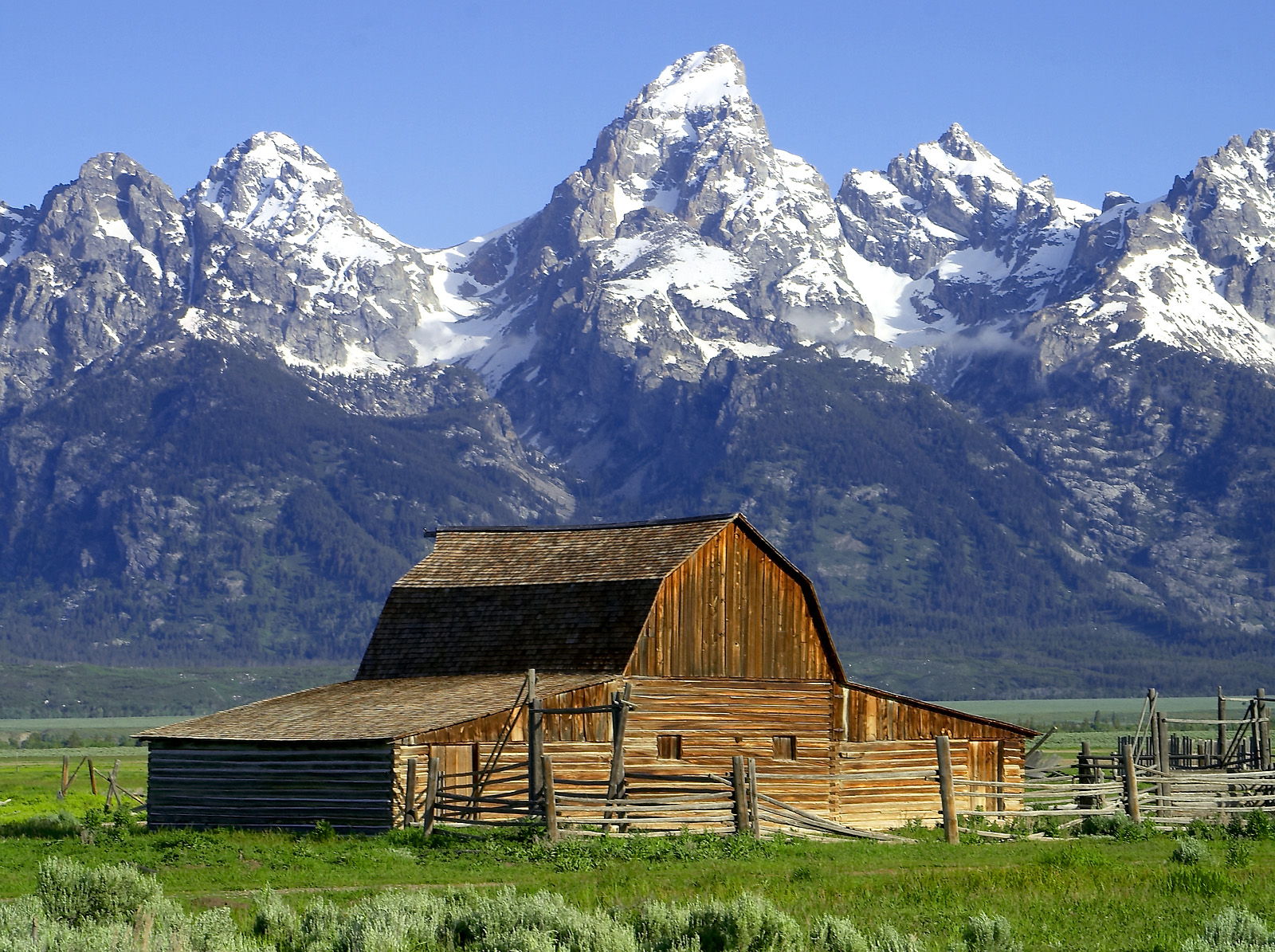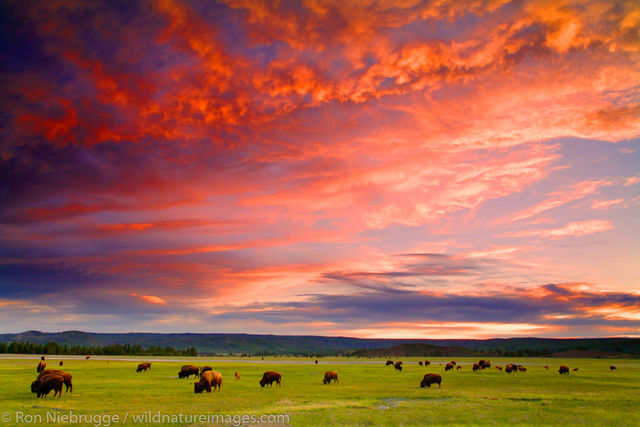A musician, an artist: colorists consummate, each paints images of the world. The one does so with his music, the other with his brushes. Last month, in looking at the music of Robert Schumann, we noted its sense of fantasy and wonder, its blend of magic and reality, the way that its melodies transport us to new lands. When we turn to the work of the Dutch artist Rembrandt Harenszoon van Rijin, otherwise known as Rembrandt, we stumble into an equally remarkable vista, one of profound and telling detail infused with extraordinarily rich and vibrant color. We often wonder whether our world is really this amazing.
 Perhaps it is. Perhaps what Rembrandt most does for us to open our eyes so as to allow us to shed our preconceptions about existence, the often utilitarian way that we view being alive, to encourage us to let our imaginations roam to what could be and, perhaps most important, what ought to be. Maybe Rembrandt is showing us how to look for more than we expect to see.
Perhaps it is. Perhaps what Rembrandt most does for us to open our eyes so as to allow us to shed our preconceptions about existence, the often utilitarian way that we view being alive, to encourage us to let our imaginations roam to what could be and, perhaps most important, what ought to be. Maybe Rembrandt is showing us how to look for more than we expect to see.To see what is really there. To see, for instance, in the "Return of the Prodigal Son" (based on the timeless story presented in the gospel of Luke), a father's love, yes, but even more a transcendent God's love for us all.




